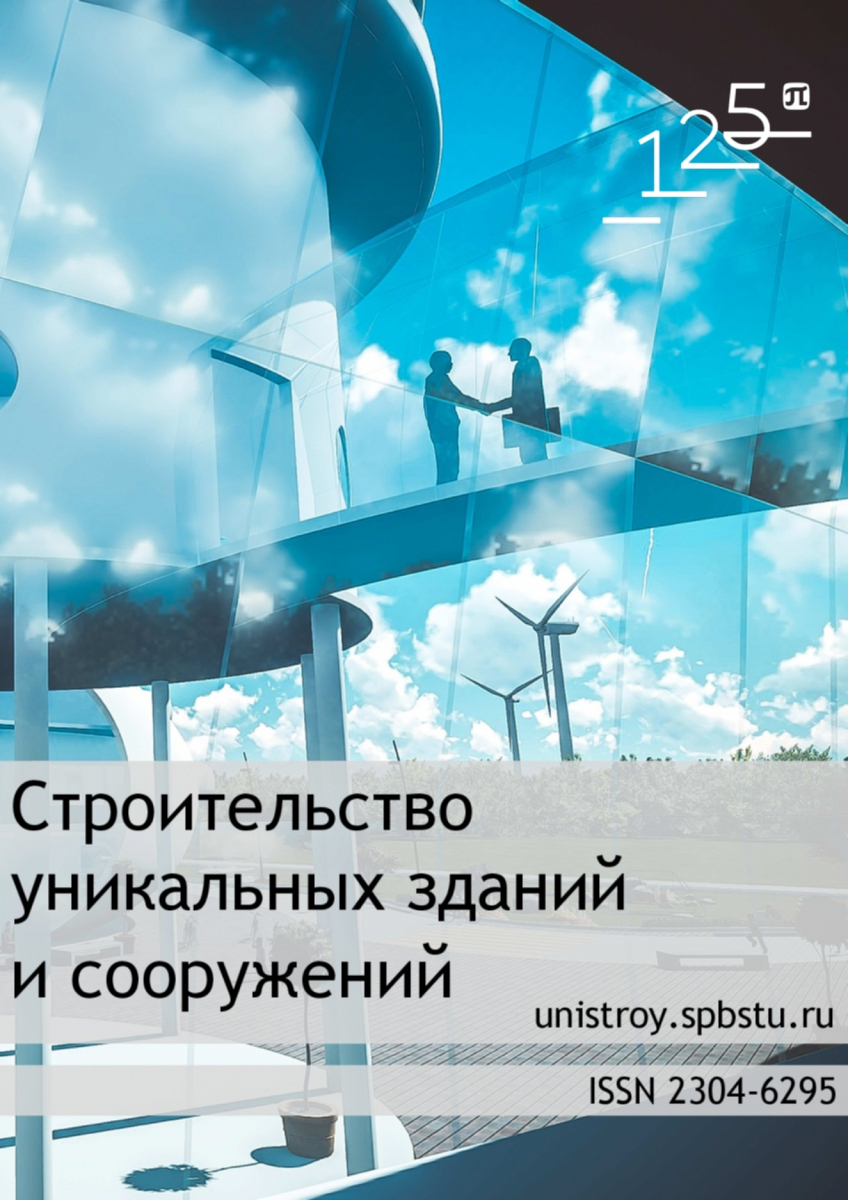Thermal performance and water erosion resistance of sheep wool-reinforced compressed stabilized earth bricks
The thermal performance property of a building envelope is straightly based on the character of the materials used in the construction. The materials used must be resistant to mechanical stresses and the effects of water on the walls to confirm the safety of the residents but ought also to have assured insulating effects to provide for the thermal performance of the building envelope. The object of research is the thermal performance and water erosion resistance of compressed stabilized earth bricks (CSEBs) using sheep wool as a fiber (SWF) and cement as a stabilizer agent. The study was conducted on bricks produced using local raw materials in Kabul, Afghanistan. Method. In this study, 0%, 0.05%, 0.1%, 0.2%, 0.3%, and 0.4% SWF and 0%, 5%, and 10% ordinary Portland cement were used. ISOMET 2104 instrument was used for the study of thermal performance. The effect of different amounts of SWF in the bricks, different amounts of cement, and the bulk density of the bricks on thermal conductivity, volumetric heat capacity, and thermal diffusivity was investigated. To determine the resistance of compressed stabilized earth bricks (CSEBs) to surface-contact water pressure, a study was conducted on bricks containing a low amount of cement (5%), both with and without 0.1% SWF, in accordance with the NZS 4298 (1998) standard. Result. The study found that the thermal conductivity is affected first by bulk density, then by cement, which causes a decrease in voids in the bricks, and then by an SWF. The volumetric heat capacity is affected first by SWF, then by bulk density, and then by cement. The thermal diffusivity is affected first by bulk density, then by SWF. As a result of a one-hour continuous test on the bricks using the water spray method with a water pressure of 50 kPa in the pipe according to the standard, no erosion occurred in either type of bricks. Overall, the findings demonstrate that the CSEBs exhibit adequate thermal and water erosion resistance properties, making them suitable for use in construction as a sustainable construction building material, particularly in regions with moderate climates and where resistance to water erosion is required.
.png)


